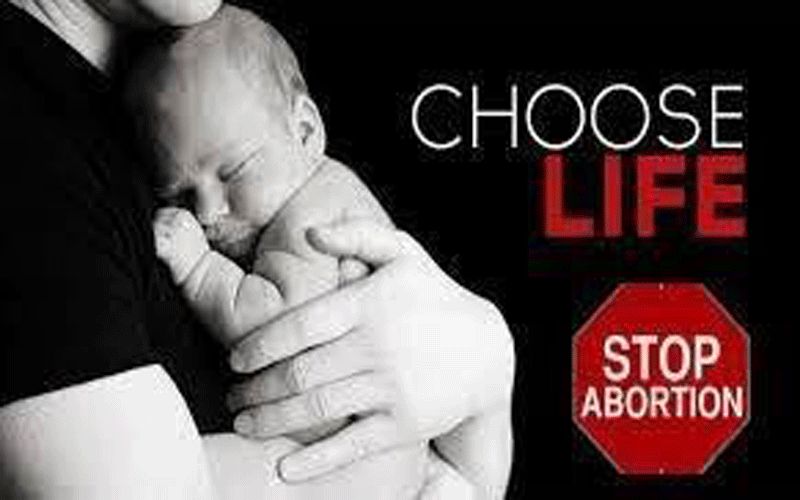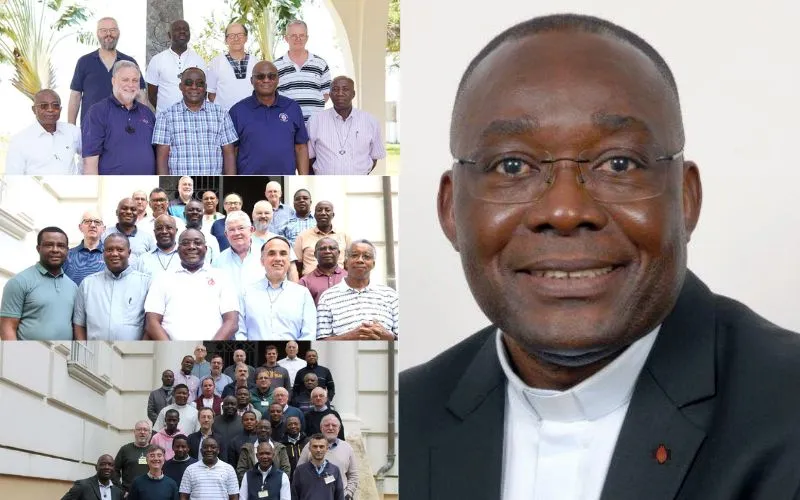Ouagadougou, 22 January, 2020 / 1:59 am (ACI Africa).
This is part three of a four-part news report detailing what ACI Africa has gathered regarding activities by a U.S.-based research company testing drug-induced, second-trimester abortion, something that women in the U.S. do not want. In this part, African Church leaders go beyond described contexts of the abortion tests and the leaders’ general take contained in part one and two respectively. Here, sampled leaders express their condemnation of the controversial process described as part of “the culture of death” that seems to characterize the present world. The way forward will be reported in part four of this coverage.
Background: After research initiatives on the effectiveness of abortion-inducing tablets for women who are at least 12 weeks pregnant failed to take off in the U.S., a research organization based in the same country decided, a couple of years ago, to cross several borders to the West African country of Burkina Faso to conduct the study, testing chemical abortion on women with limited resources, ACI Africa has established.
Church leaders who spoke to ACI Africa in reference to the abortion tests condemned the process terming it as regrettable, a serious sin for Christians who take part in it, and a form of dictatorship which the church is prepared to fight.
The President of the Symposium of Episcopal Conferences of Africa and Madagascar (SECAM), Philippe Cardinal Ouedraogo, said the abortion project was part of a scheme of “dictatorship” that the Church on the continent needed to defend itself against.
“For me it is a real dictatorship. The dictatorship of human thought … The dictatorship of one-track thinking; and we will defend ourselves even if we are weak,” said Cardinal Ouedraogo who heads the Archdiocese of Ouagadougou in Burkina Faso.








